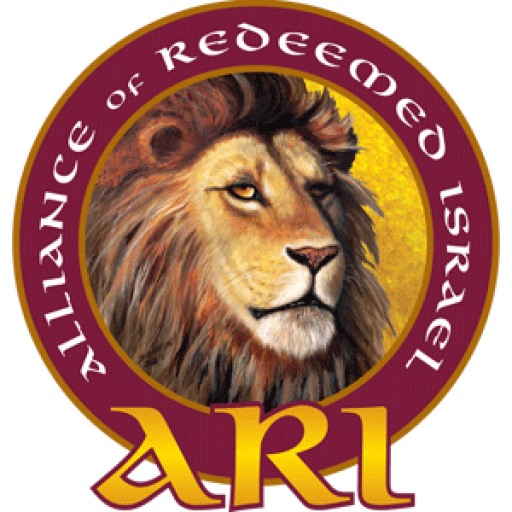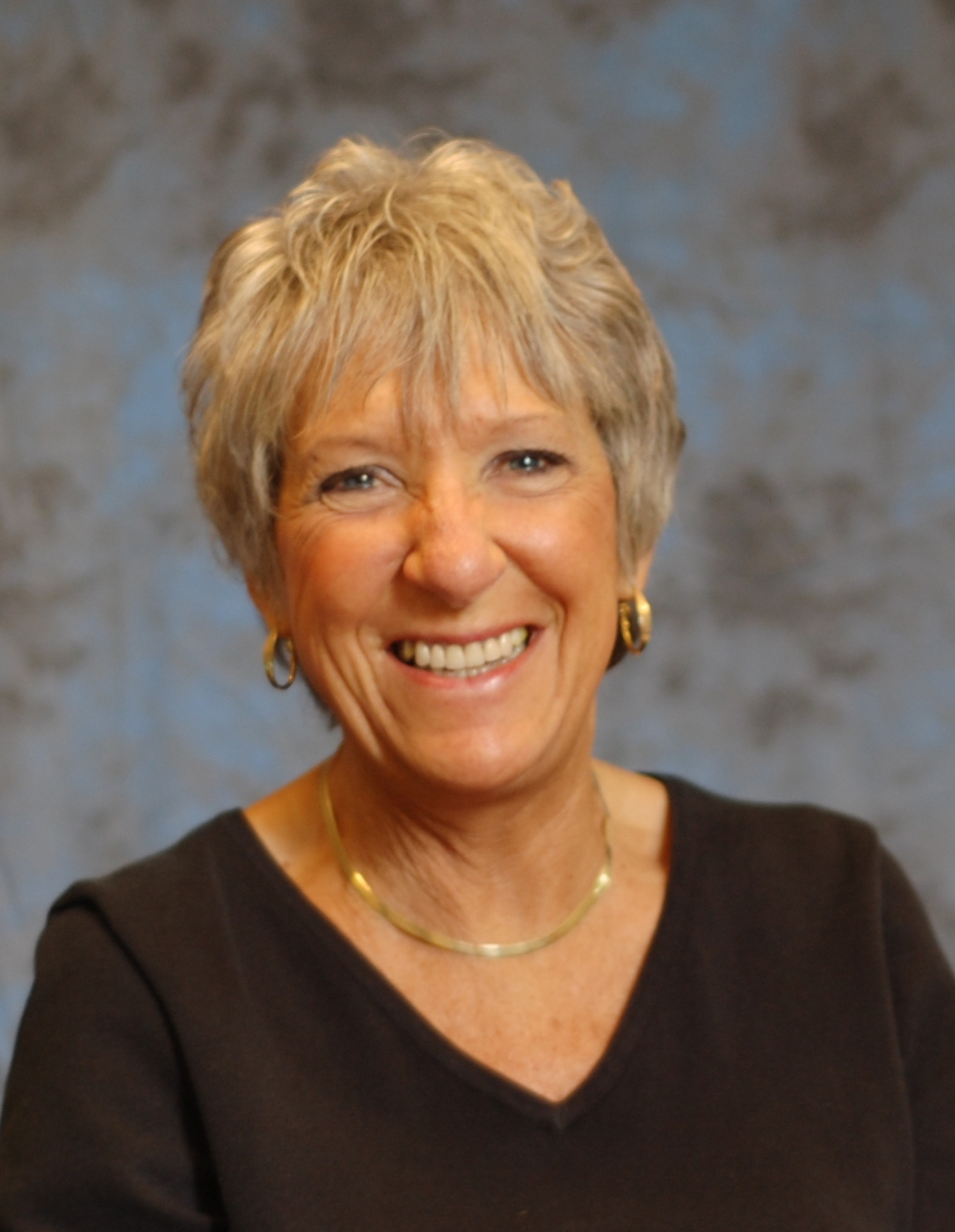 I was descended on my father’s side from Jewish immigrants. My grandfather and grandmother grew up in small towns in Russia that were only a few miles from each other, yet they did not meet until they moved to America many years later.
I was descended on my father’s side from Jewish immigrants. My grandfather and grandmother grew up in small towns in Russia that were only a few miles from each other, yet they did not meet until they moved to America many years later.
My grandfather, Joseph Libin, was born in 1885 in the old Lithuanian province of Minsk in what was then known as the Pale of the Settlement and now is called Belarus.1
He left Russia in 1896 at age 11 and traveled through Eastern Europe, later moving to England where he worked as a cabinet maker. In 1907 at age 22 Joseph stowed away on a ship bound for America and landed in New York City.
In 1905 my grandmother, Esther Lagovsky, who was then 11 years old, immigrated to America with her family. She spent her adolescent years in New York going to school and working to help support her family. In 1914 at age 20 she traveled out west to visit her brothers, Charles and Max Login. They introduced her to their friend, Joseph Libin. Esther and Joseph were married in 1915 and settled in Lewistown, Montana to begin a new life.
Joseph had left his family at such a young age in order to escape the Russian pogroms and the crushing poverty that resulted from Czarist oppression. He wanted to make a new life for his family in America. He enlisted in the US Army shortly after settling here, then became a citizen when he finished his service. Because he had experience in cabinet making, when he first settled in Montana he set up shop, but then later expanded his business to other areas. Over the years he gradually built a prosperous business and raised a large family.
My grandmother too had left Russia at a young age with her family. They knew some of the traditions of their Jewish faith, but little of the Torah or the writings of the rabbis. She apparently tried to read the Torah to her family, but she knew very little of the sacred writings and was isolated from other Jews, as the nearest synagogue was a few states down in Salt Lake City, Utah.
My Father and Mother Meet in Australia
My father Herb thus grew up in the middle of Montana in a secular world without the knowledge of the God of Israel. His father Joseph had taught him the value of hard work and entrepreneurship in his adopted county, a value shared by all of his siblings and subsequently passed down to my generation.
In the middle of World War II my father met my Australian mother Shirley in Sydney near where he was stationed as a US Army serviceman. Mother, who had a deep love for the Jewish people, fell in love with my handsome father and they were soon married. Mother, now a “war bride,” traveled to the United States on a troop ship with her 6-month old daughter, my older sister Stephany. They made their way to Lewistown, Montana where they moved into the large home of Grandfather Joseph, awaiting my father’s return from the war.
Mother had been raised Catholic, so her children were also supposed to be raised Catholic. This was acceptable to my Jewish father, who only thought of himself as an American soldier, not as a Jew, for Joseph had wanted his new family to assimilate into the culture of his adopted country.
At the end of the war my father returned home and nine months later I was born. It was now late November of 1946—I was among the first wave of the post-war baby boomers. Three years later my parents divorced and my mother moved us to Oregon where one of my aunts lived.
My Early Years in the Radical 1960s
In the late 1960s and early 1970s, I went the way of Jewish leftism, joining with many East Coast Jews who had moved to the Pacific Northwest, attracted to the environment and the leftist communities that had begun to form there.
Then there were the many drug years. I became involved in the drug culture of the hippies during the time that drugs were dominating our culture. Many of my generation tried pot, acid, and speed, but I also went on to use hard drugs like heroin and cocaine, which led me down a pathway of misery. Yet all the while I was seeking and searching, trying to find God and truth, but not knowing where to look. I had a heart for God, but was far from Him. In the 1970s I remember being aware of the Jesus Movement and their sweet message of love, but I was not yet ready to leave my leftist friends, especially the growing women’s community in Portland, Oregon, where I lived.
Please Don’t Let Me Die Like This!
But the God of Israel had called me from before the foundation of the world. No matter what I did, He kept calling me back. By early 1993, I had reached the end of myself and even remember feeling like I was dying. I called out to God, “Please don’t let me die like this!”
While I was desperately seeking and searching during this time, God sent some Christians into my life who loved and cared for me even though I was down and out. They told me about the Jewish Messiah, Jesus Christ of Nazareth, who had died for my sins. I came to know this God personally and followed Him with my whole heart while I was rebuilding my life. Many years later, in the late 1990s, I became involved in the growing Messianic Movement.
Messianic Israel and Beyond
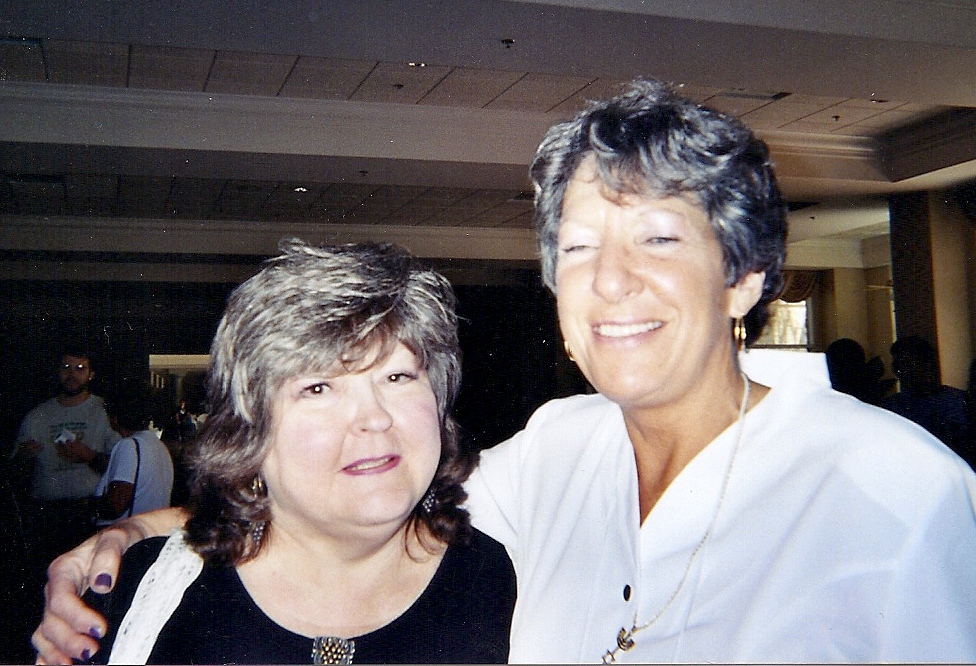 In early 2002, after my father died, I inherited a small trust fund that my grandfather Joseph had left for me. I used some of the money to move to Orlando to work with Angus and Batya Wootten and the already vibrant community of the Messianic Israel Alliance. I was grateful for the privilege of serving the God of Israel in some small way. My years there were some of the happiest of my entire life. We loved each other and we still do. We were all saddened when I had to return to my home in Seattle because things had changed at the MIA. The Home office was moved and they could no longer afford to employ me there. I was sad, but I knew by now that I could trust Father God to guide me and care for me, and that it was time to move on.
In early 2002, after my father died, I inherited a small trust fund that my grandfather Joseph had left for me. I used some of the money to move to Orlando to work with Angus and Batya Wootten and the already vibrant community of the Messianic Israel Alliance. I was grateful for the privilege of serving the God of Israel in some small way. My years there were some of the happiest of my entire life. We loved each other and we still do. We were all saddened when I had to return to my home in Seattle because things had changed at the MIA. The Home office was moved and they could no longer afford to employ me there. I was sad, but I knew by now that I could trust Father God to guide me and care for me, and that it was time to move on.
What Does My Heritage Mean?
Now, many years later, as I reflect back on my life and all that Yeshua has done for me, I have begun to think again about my heritage as a Jewish woman who was not raised Jewish, yet who met the Jewish Messiah of Israel. My conversion was extreme, intense. I was a new creature. I was radically born-again. All things had become new. I was no longer a drug addict or a leftist politico. I was a child of the Most High God. When I finally understood it was the God of Israel who was calling me, I was able to worship Him in a new way. And the Word of God had new meaning. I began to see things that I had never seen or understood before.
Who is Israel?
“Who is Israel? Why do we even need to know? Is it not enough to be in Messiah?” Batya Wootten wrote in her book Who is Israel? This question grabbed my attention and has continued to influence me as well as countless others, both Jewish and non-Jewish, who understand personally that they belong to the Commonwealth of Israel. It saddens me that my brothers and sisters in Judaism are so opposed to those of us who are Believers in Yeshua/Jesus and who also see ourselves as Israelites.
My point in telling my story is this: I am a daughter of Abraham too. If I could have chosen, I would have asked my grandfather Joseph and my grandmother Esther to stay with their Jewish faith and not seek to assimilate into the culture of the American gentiles. I would have asked them to teach their children the Torah and the traditions of the elders. I would have wanted them to be raised as Jews. But then if my father had been a devout Jew, he would not have married my Catholic mother, but would have stayed within his faith. And then I would not have been born, nor had the opportunity to be radically born-again and to come to know the God of Abraham, Isaac, and Jacob. I would have been a Jew without a Savior Redeemer.
We Too Are Israel
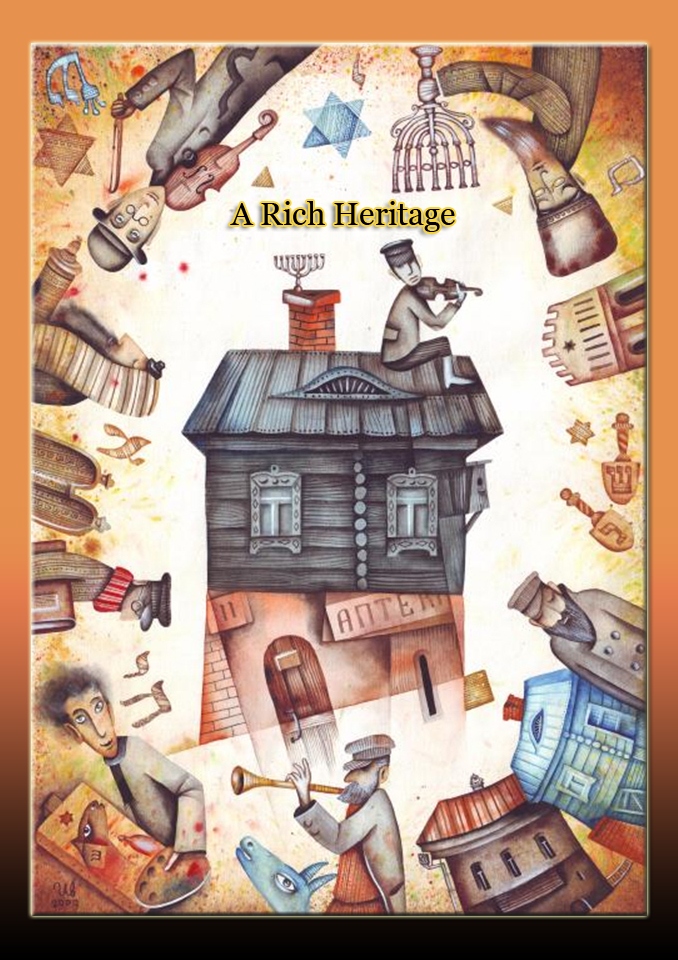 So I ask my brothers and sisters of Judah, why in your eyes am I not an Israelite as you are? And why not my friend from church who believes she was descended from one of the early church fathers? Or my other friend whose DNA tests on the male side indicate that she is a descendant of Joseph’s son Ephraim? And what about my dear friend whose DNA shows him to be a Levite of the priestly tribe of Israel? I do not want to reduce the reunion of Ephraim and Judah to a matter of genetics, because our more important reunion is of course found in our Messiah. Nevertheless, perhaps we should consider that these tests might indicate for many Believers that there is something in their genes that is drawing them—as returning Israelites.
So I ask my brothers and sisters of Judah, why in your eyes am I not an Israelite as you are? And why not my friend from church who believes she was descended from one of the early church fathers? Or my other friend whose DNA tests on the male side indicate that she is a descendant of Joseph’s son Ephraim? And what about my dear friend whose DNA shows him to be a Levite of the priestly tribe of Israel? I do not want to reduce the reunion of Ephraim and Judah to a matter of genetics, because our more important reunion is of course found in our Messiah. Nevertheless, perhaps we should consider that these tests might indicate for many Believers that there is something in their genes that is drawing them—as returning Israelites.
The truth about our heritage means something to all of us, just as it means something to those of Judah. We love Israel and we love the Jewish Messiah Yeshua. We have learned to walk as the Redeemed of Israel and are ready to live for him and proclaim His praises in all the earth. Without Him, nothing is worth living for. We want to join with our Jewish brothers and sisters; we do not want to replace them. We are family. As Joseph said to his brothers in Egypt, “I am your brother, I am Joseph.”
The Promise
Thus says the Lord GOD: “Surely I will take the children of Israel from among the nations, wherever they have gone, and will gather them from every side and bring them into their own land; and I will make them one nation in the land, on the mountains of Israel; and one king shall be king over them all; they shall no longer be two nations, nor shall they ever be divided into two kingdoms again.” (Ezekiel 37:21-22).
As the Father promised, the people of both the houses of Israel still live—and it is His plan that they, and their companions, would become one in Him (Isaiah 8:14; Ezekiel 37:15-28).
I close with a prayer that our families might be reunited.
Michele Libin
Seattle, Washington
January 2013 2
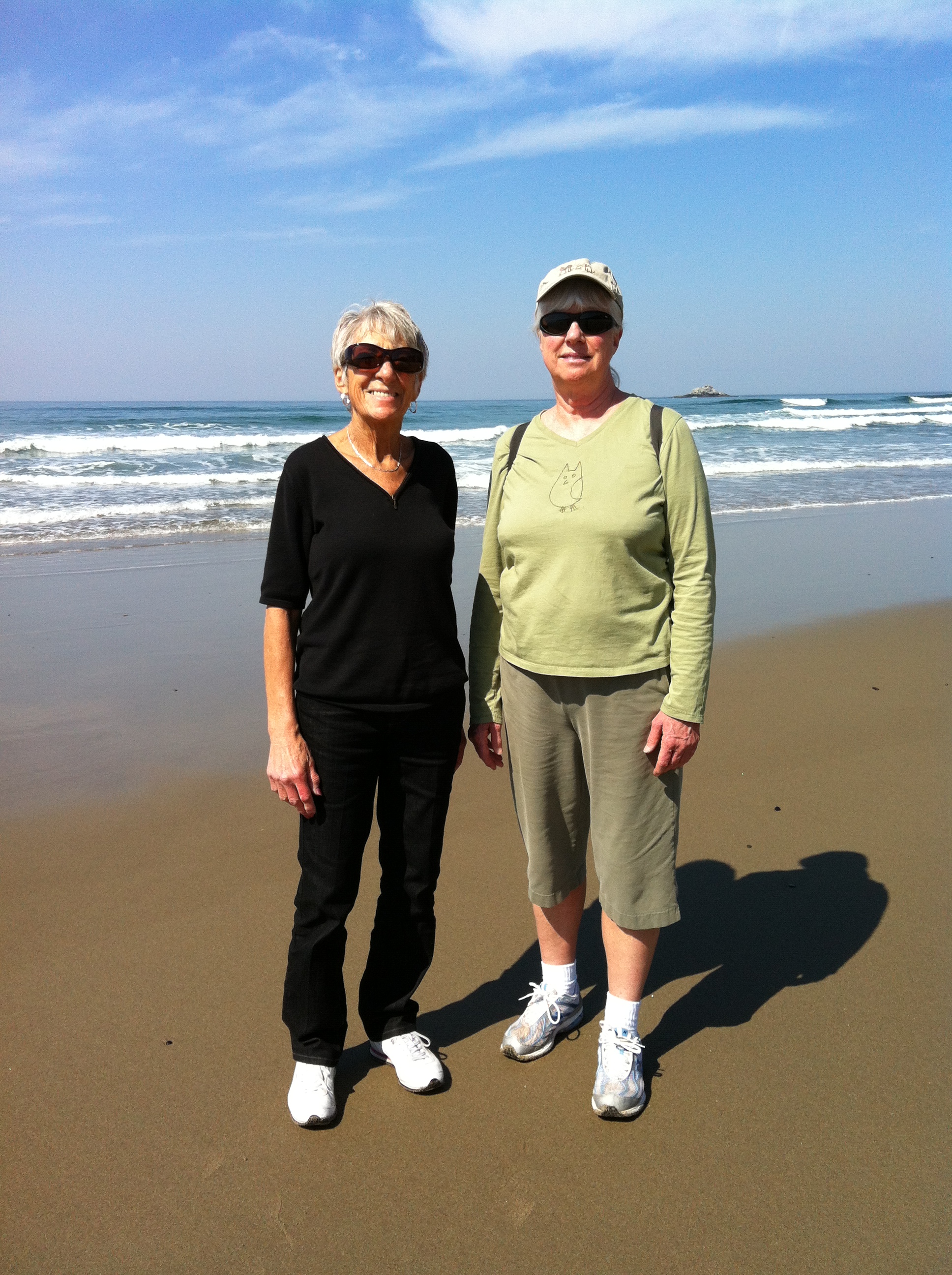
1 The Pale of Settlement literally means “The Boundary of Settlement.” From 1791 to 1915 the majority of Jews living in Eastern Europe were confined by the Russian Empire to this area. No Jew was allowed to make their home outside the Pale except by special privilege conveyed by the Czarist authorities. The 1897 census recorded nearly five million Jews living within the confines of the Pale. This number comprised almost 95 percent of the total Jewish population of Russia.
The pogroms and restrictions within the Pale, along with the severe poverty and deteriorating economy, resulted in a major wave of Jewish immigration to Western Europe and the United States. Between 1881 and 1914 over 2 million Jews left the Pale of Settlement to seek a better life. From 1899 to 1907 some 55,000 left for the United States alone. My grandfather Joseph and my grandmother Esther and her family were among them.
2 Special thanks to my sister, Stephany Libin Smith, who has spent dozens of years investigating the Libin/Lagovsky geneologies. She has tirelessly studied and collected records. For anyone interested in Jewish genealogies, her excellent work is available on her website “Russian Jewish Immigrants to America: The Descendents of Abraham Lagovsky* and Libe Goodseit” http://freepages.genealogy.rootsweb.ancestry.com/~heathsmith/libin/index.htm
See also her historical page on the “Pale of the Settlement” http://freepages.genealogy.rootsweb.ancestry.com/~heathsmith/libin/introduction_pale_of_settlement.htm
